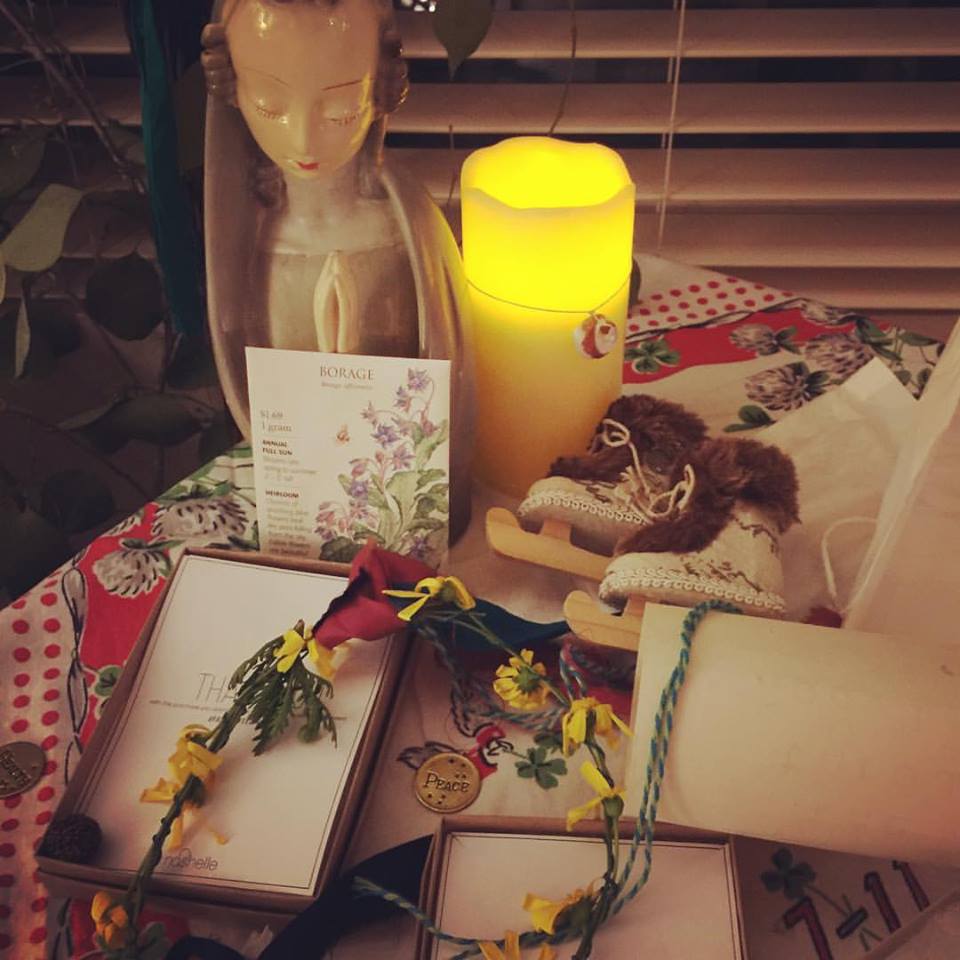
I have become a worrier. Within five minutes of leaving our house, whether it is to run a quick errand or go out of town for five days, I immediately start scrolling through a mental checklist. Did I leave any candles burning? Is the back door locked? Are there any stray objects on the floor that Tilda could choke on? One after another, I try to put myself back in the moment of handling these tasks. Oh right, I blew out the candle before I took a shower, I think. Oh yes, I remember locking the door this morning.
I’m not sure when or why this started, but it has become a bona fide part of my daily routine. It isn’t the kind of worry that creates stress, per se; it has more to do with not wanting to invite disaster or create chaos due to my inattention. I don’t want to lose something precious because of a minor oversight. I want to take good care of what I treasure most.
Being on the verge of fifty, and watching many of my closest friends care for their dying parents, I feel myself entering a new phase of life that isn’t about my early-twenties fearlessness and dare-to-dream-big bravado, but about a visceral awareness of the fragility of life. That sounds like a phrase that belongs on a postcard with a picture of a sunset or a babbling brook, right? Life is so precious. We only have to much time. How many times have we read or heard these phrases? In their repetitiveness, they feel trite.
But with every piece of news that has words like cancer, dementia, and hospice – with every request for a prayer for someone who is not long for this world – I pause, and I take a deep breath. It feels important to stop whatever I am doing and acknowledge that I, too, will face these experiences – with loved ones, for myself. I float upward, able to take in a wider perspective of my past, present, and future, and I see what’s coming on the horizon – possibilities that are now much closer to me than they were when I moved to the west coast at the age of 27, graduate degree in hand, ready to take on the world.
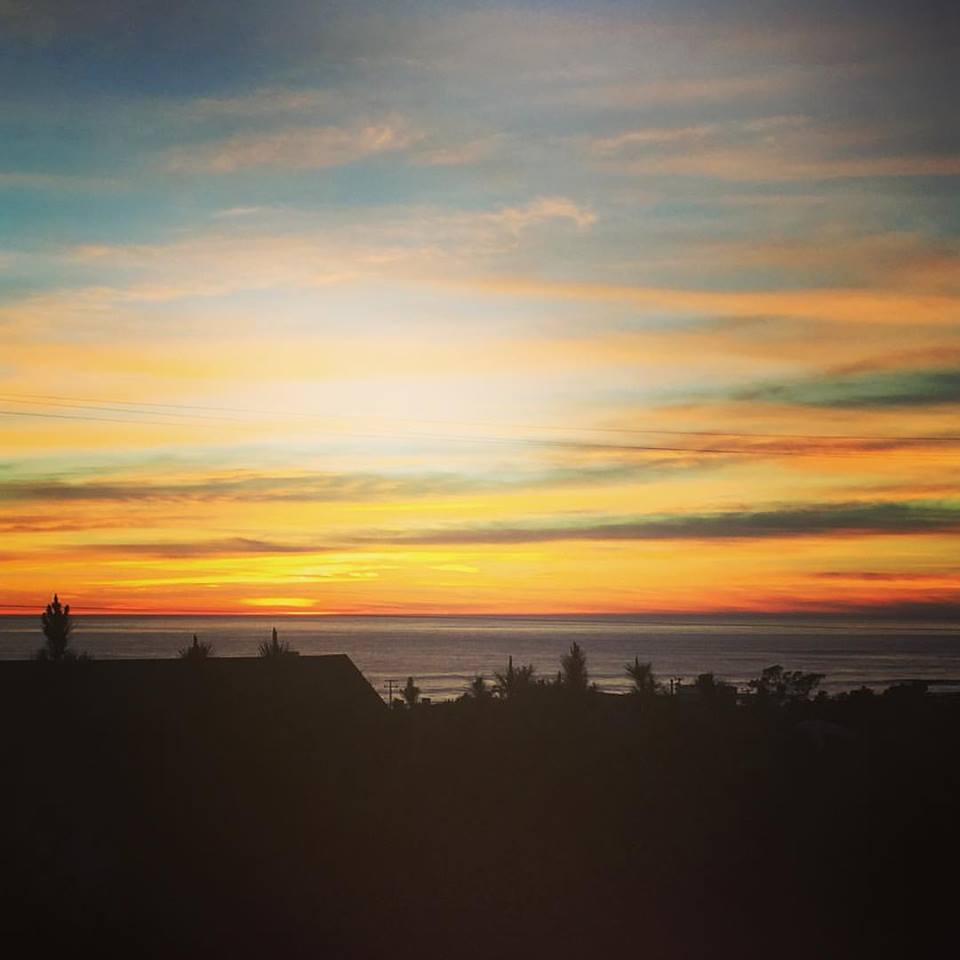
That spark in me is not gone – I still have grand ideas and imaginings related to creativity, travel and work – but I have become much more methodical in the decision-making process. I actually think I’ve become a bit too careful as of late, but this shift is something I’m still working out. I have allowed myself to lean toward the opposite extreme of my usual “Let’s do it!” attitude in order to see how far I need to go to find the right balance between my longings as an entrepreneurial, artistic being and as a woman with a husband, family, and home. For many years, it felt like these were in a battle for my time, attention, and energy. It is only in the last year that I have managed to settle down their quarrels, a mediation I’m still figuring out.
A while ago, someone asked for my advice on a work-related issue. There was a job offer on the horizon, one that would have taken her away from home five days a week – away from home as in an entirely different state. She was grappling with the feasibility of a long-distance commute and the impact that could have on her marriage, home, and family. My advice to her was simple: Get clear on what she treasured most in the world, and then decide whether or not taking the job would support and strengthen that or diminish it.
This is the question I ask myself constantly these days – any opportunity, idea, or endeavor is weighed against a very short list of personal priorities. Which, if I’m honest, doesn’t necessarily make things easier. It requires great compromise and sometimes saying no to things I would otherwise leap at. But I simply don’t want to wake up five or ten or twenty years down the road wishing I’d done a better job caring for what I loved most in the world.
Which brings me back to the worrying, which isn’t just about the doors being locked or the candles burning, but also about how long my husband has been out on a motorcycle ride with calling me or whether or not my mom is having a restful day. I want to make sure everything and everyone within this tiny realm of home and family is taken care of. I want to enjoy every bit of all these things I love most, and appreciate them while I can.
Beyond the worry, my treasured routines are very simple. I rub Tilda’s belly before I get out of bed, I make a frothy cafe au lait every morning. I almost always stop whatever I’m doing to assist my husband if he tells me he needs me. I talk to my best friend on the phone nearly every week. I wash my face every night, and always hang up my jacket when I come back home from a walk. In those routines, I am reminded that being alive is about the very small things, the very tiny experiences. And in those peaceful respites from the feeling that the world’s traumas are rapidly closing in on my tiny haven in Santa Barbara, California, I balance out those moments of fretfully reviewing my just-left-home checklist. I remember it is all OK. I recognize how fortunate I am.
About the Author: Christine Mason Miller
 Christine Mason Miller is an author and artist who has been inspiring others to create a meaningful life since 1995. Signed copies of her memoir, Moving Water, are now available at www.christinemasonmiller.com.
Christine Mason Miller is an author and artist who has been inspiring others to create a meaningful life since 1995. Signed copies of her memoir, Moving Water, are now available at www.christinemasonmiller.com.
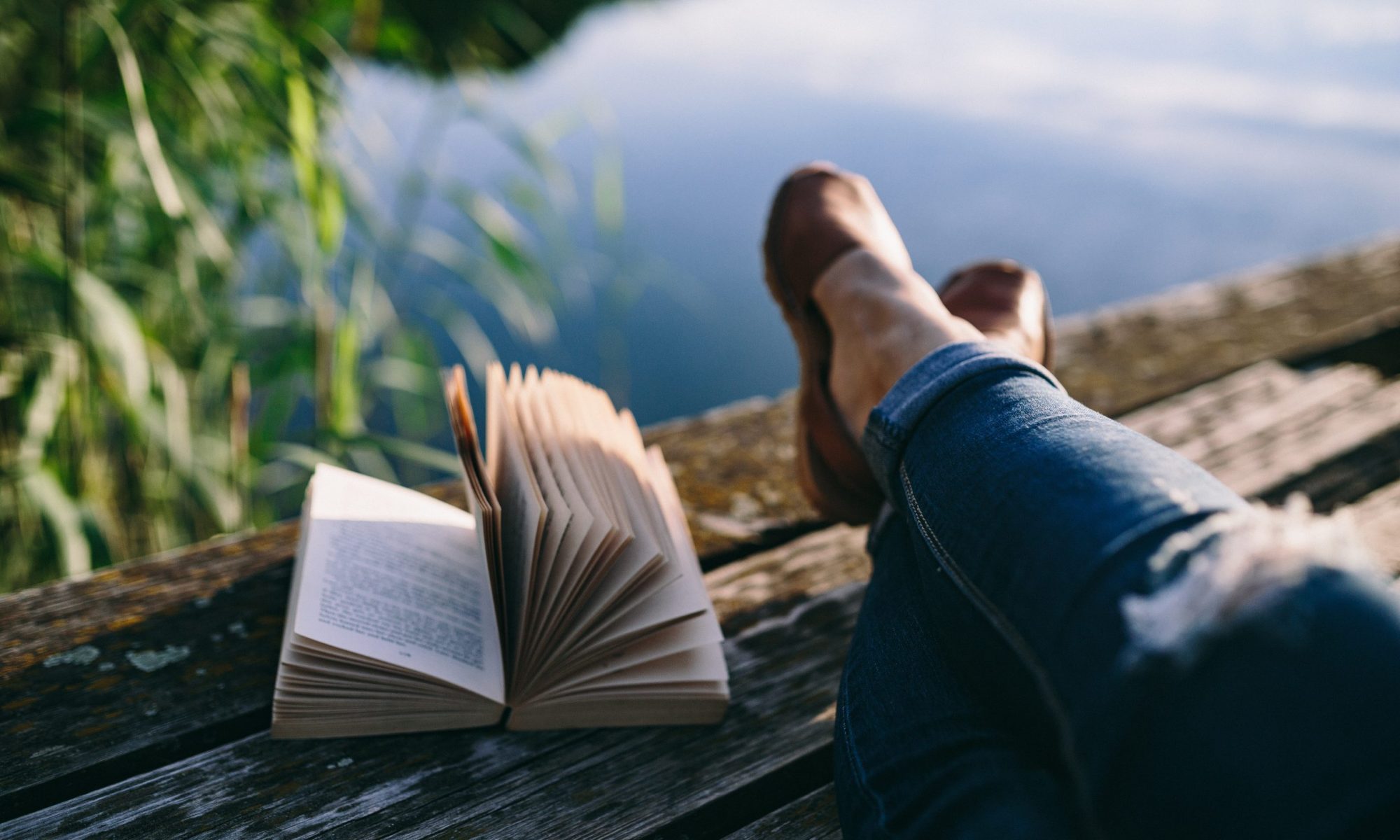

 Tabitha is a social media strategist, writer, blogger, and professional geek. Among her published works are the children’s books Jack the Kitten is Very Brave and Machu the Cat is Very Hungry, both published under the name Tabitha Grace Smith. A California girl (always and forever) she now lives in Maryland with her husband, son, and a collection of cats, dogs, and chickens. Find out more about her on her
Tabitha is a social media strategist, writer, blogger, and professional geek. Among her published works are the children’s books Jack the Kitten is Very Brave and Machu the Cat is Very Hungry, both published under the name Tabitha Grace Smith. A California girl (always and forever) she now lives in Maryland with her husband, son, and a collection of cats, dogs, and chickens. Find out more about her on her 

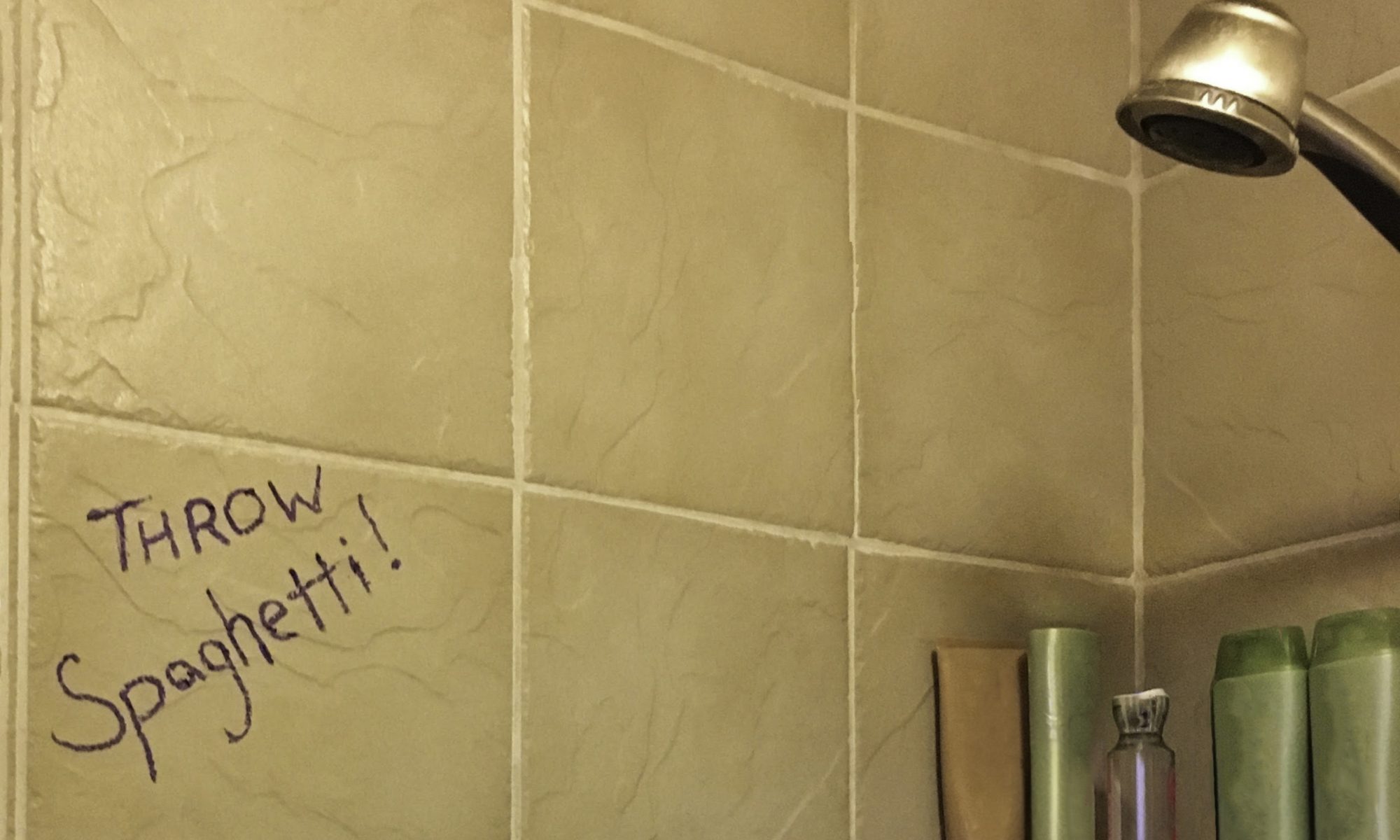

 say in a barely audible whisper, “you are invited.”
say in a barely audible whisper, “you are invited.” time.
time. n. On one desk sits the gourd I have been working on for three weeks. Already etched with the wood burner, carved by hand and lightly sanded, today it is ready to begin staining. Slowly and meticulously I daub the tan stain over the uncarved portion of the gourd’s hard shell until my family returns home. I ladle supper into colorful soup mugs that were a Christmas gift.
n. On one desk sits the gourd I have been working on for three weeks. Already etched with the wood burner, carved by hand and lightly sanded, today it is ready to begin staining. Slowly and meticulously I daub the tan stain over the uncarved portion of the gourd’s hard shell until my family returns home. I ladle supper into colorful soup mugs that were a Christmas gift.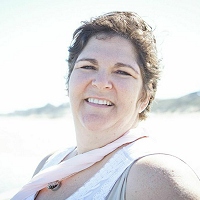
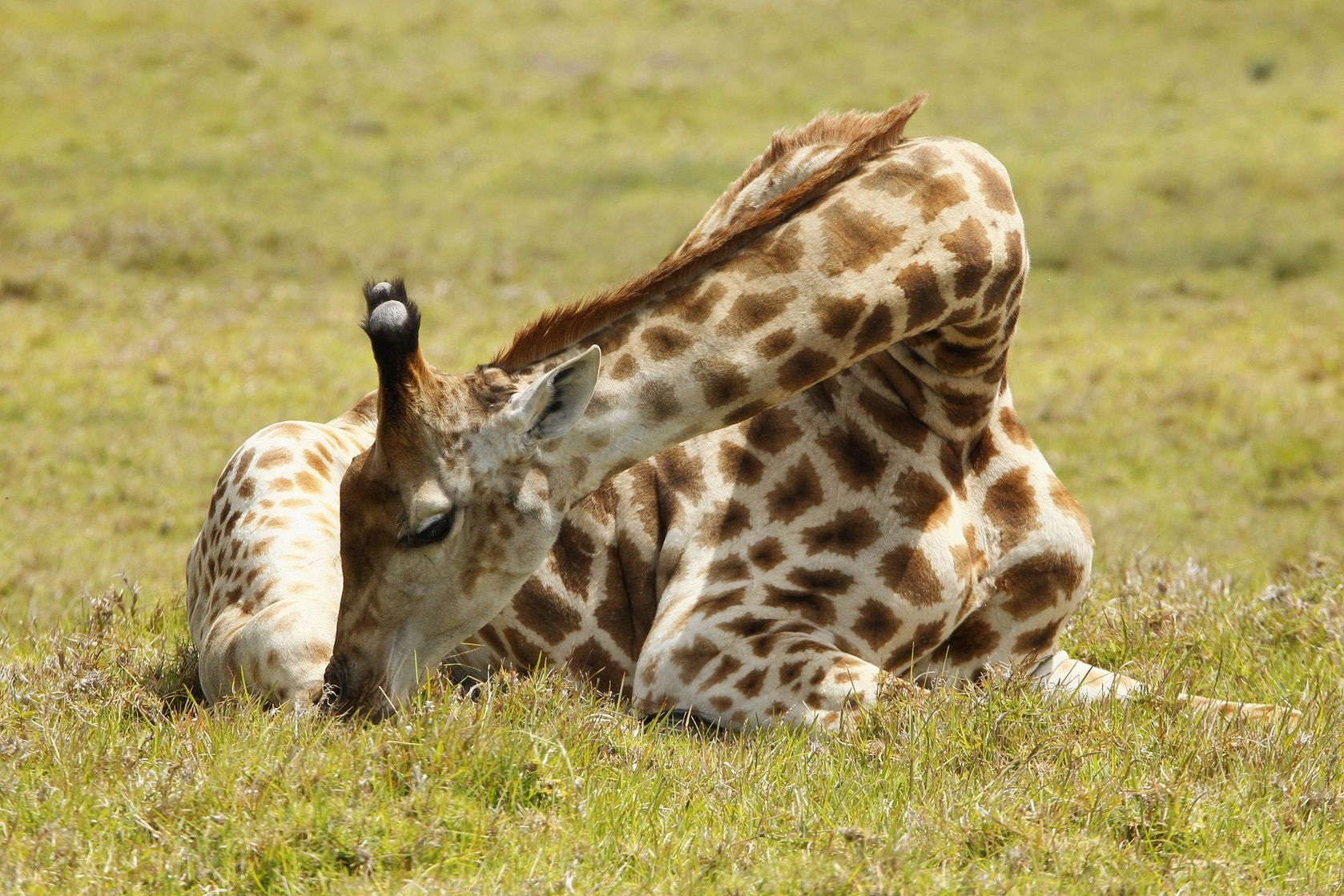

 Melissa is a writer, voice actor, podcaster, itinerant musician, voracious reader, and collector of hats and rescue dogs. She is the author of
Melissa is a writer, voice actor, podcaster, itinerant musician, voracious reader, and collector of hats and rescue dogs. She is the author of 
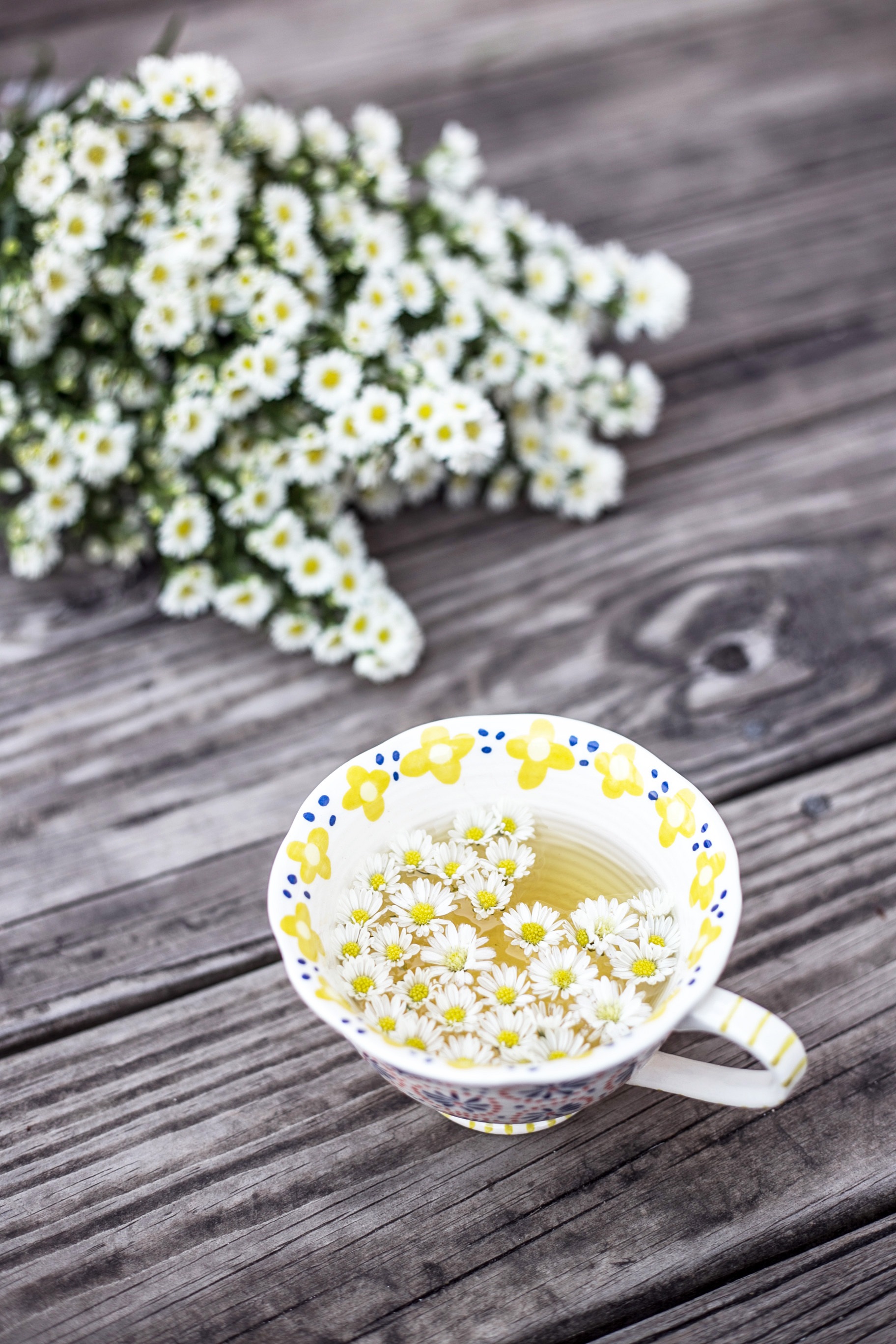 (Part IV of the Tea series, follows
(Part IV of the Tea series, follows  Melissa is a writer, voice actor, podcaster, itinerant musician, voracious reader, and collector of hats and rescue dogs. She is the author of
Melissa is a writer, voice actor, podcaster, itinerant musician, voracious reader, and collector of hats and rescue dogs. She is the author of 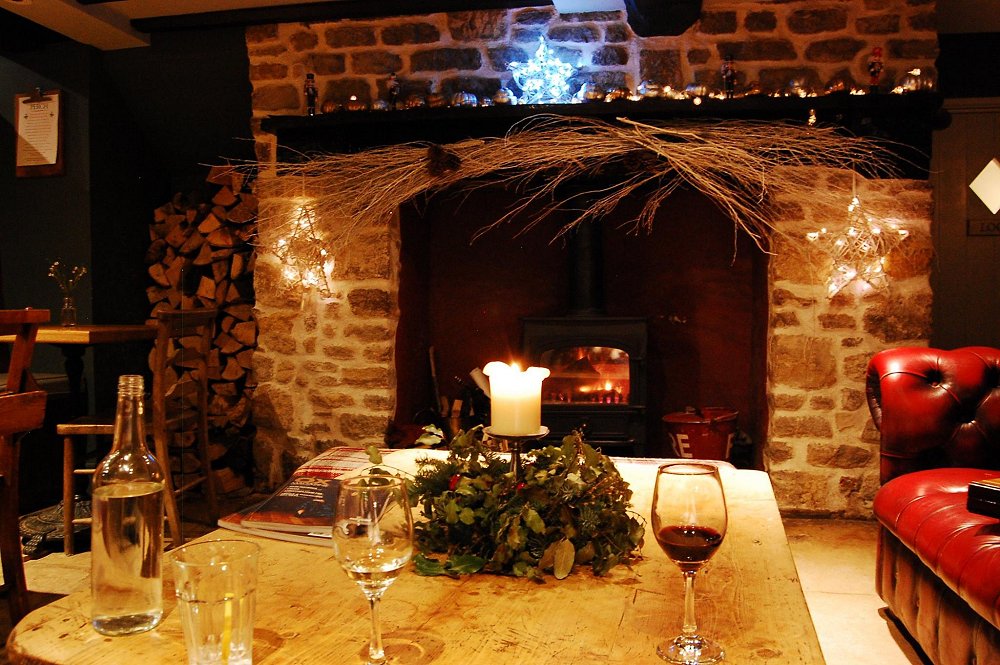
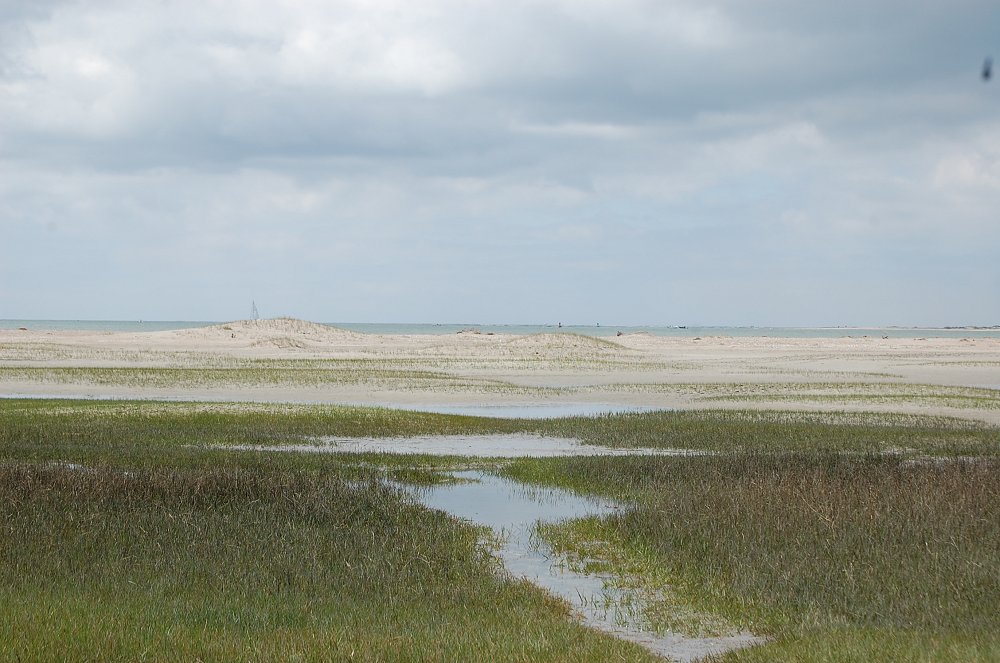
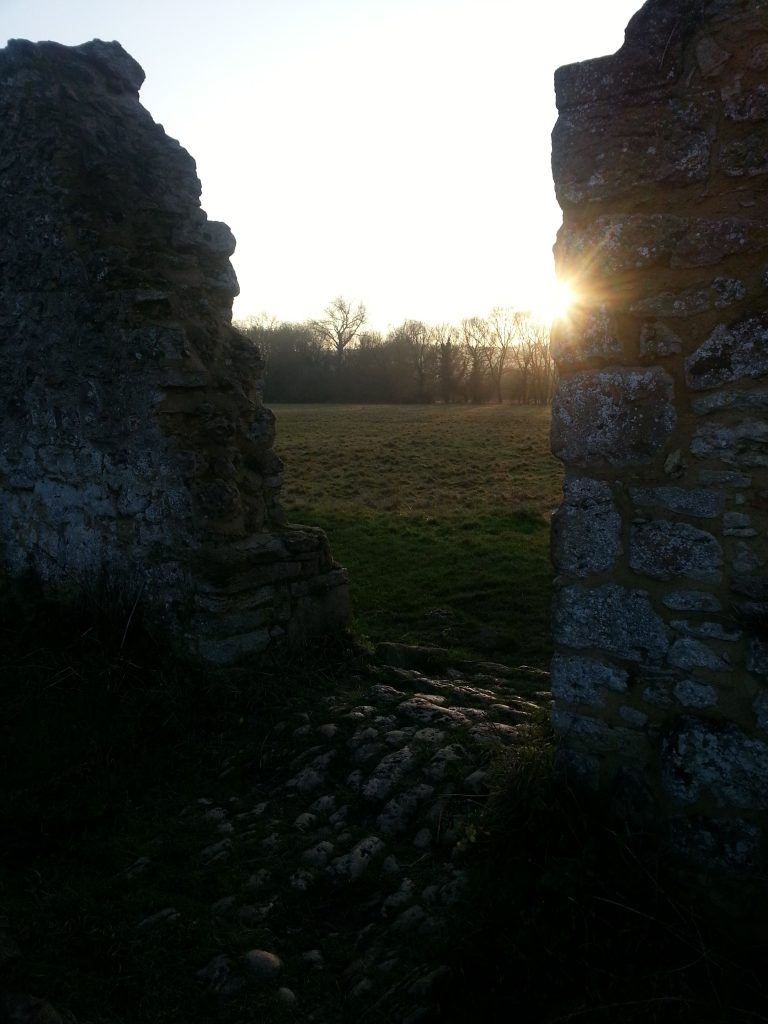
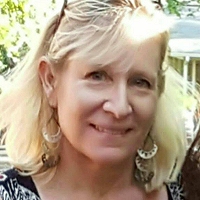 Sheryl Cornett teaches at North Carolina State University, where she is the 2014-2017 University Honors Program Author Scholar-in-Residence. Her recent poems, stories, criticism, and creative non-fiction appear in Art House America, Southern Women’s Review, North Carolina Literary Review, Image, Pembroke Magazine, Mars Hill Review, and The Independent Weekly among other journals and magazines; and in anthologies such as In a Fine Frenzy: Poets Respond to Shakespeare, The Global Jane Austen, and Christmas Stories from the South’s Best Writers. Visit her at
Sheryl Cornett teaches at North Carolina State University, where she is the 2014-2017 University Honors Program Author Scholar-in-Residence. Her recent poems, stories, criticism, and creative non-fiction appear in Art House America, Southern Women’s Review, North Carolina Literary Review, Image, Pembroke Magazine, Mars Hill Review, and The Independent Weekly among other journals and magazines; and in anthologies such as In a Fine Frenzy: Poets Respond to Shakespeare, The Global Jane Austen, and Christmas Stories from the South’s Best Writers. Visit her at 

 up at my side, I take up my book and read. Thus lulled from my anxious thoughts, warmed through and through with hot beverages and comforting heat wraps, many times I will drift off for another hour or two of sleep.
up at my side, I take up my book and read. Thus lulled from my anxious thoughts, warmed through and through with hot beverages and comforting heat wraps, many times I will drift off for another hour or two of sleep.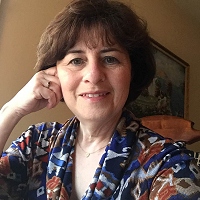 Becca Rowan lives in Northville, Michigan with her husband and their two dogs. She is the author of
Becca Rowan lives in Northville, Michigan with her husband and their two dogs. She is the author of 


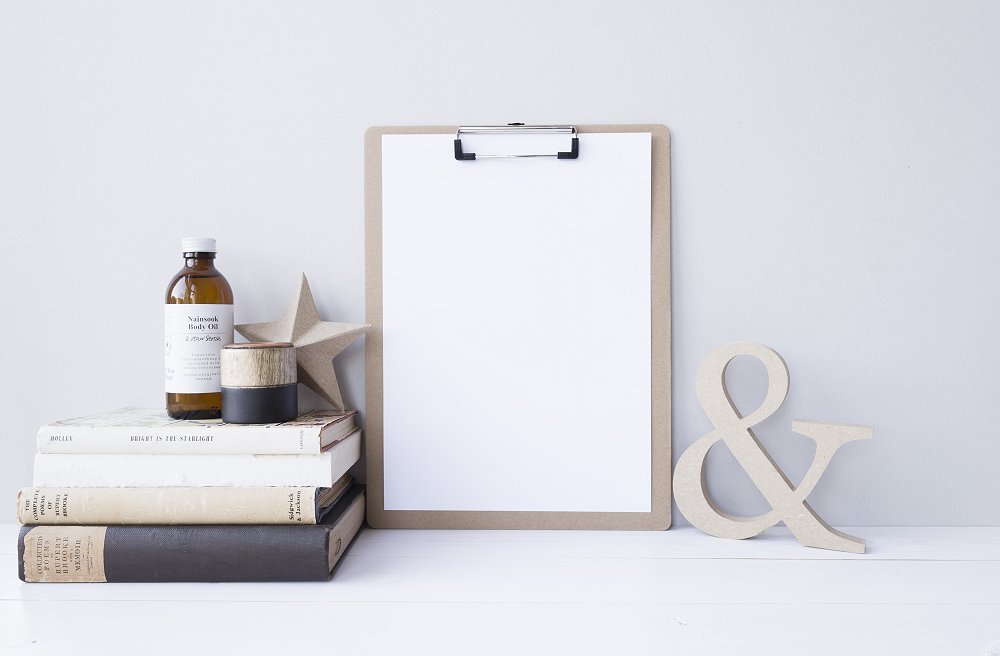


 Felicia C. Sullivan is the award-winning author of the critically acclaimed memoir The Sky Isn’t Visible from Here (Algonquin/Harper Perennial) and the founder of the now-defunct but highly regarded literary journal Small Spiral Notebook. She maintains the popular lifestyle blog
Felicia C. Sullivan is the award-winning author of the critically acclaimed memoir The Sky Isn’t Visible from Here (Algonquin/Harper Perennial) and the founder of the now-defunct but highly regarded literary journal Small Spiral Notebook. She maintains the popular lifestyle blog